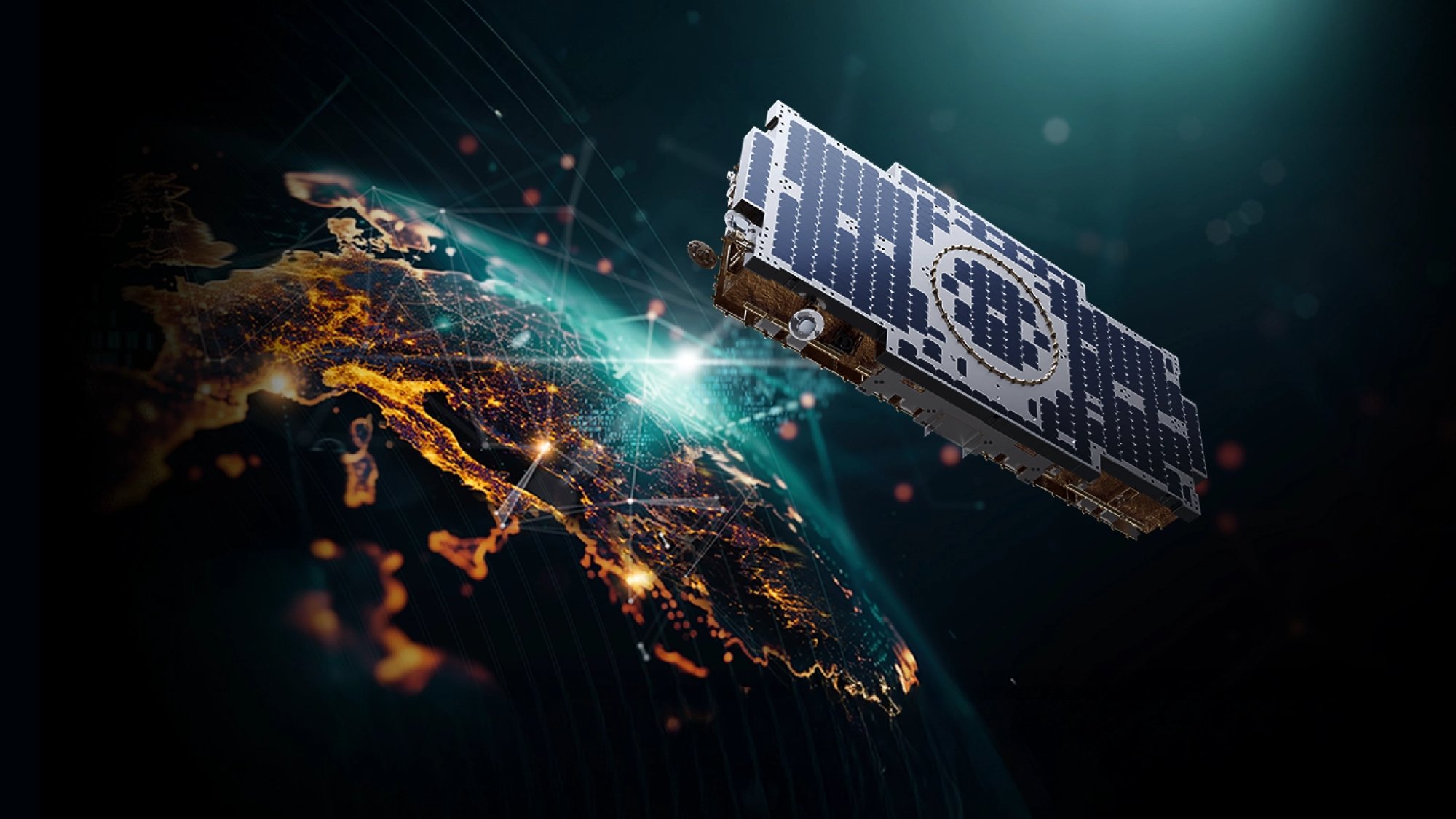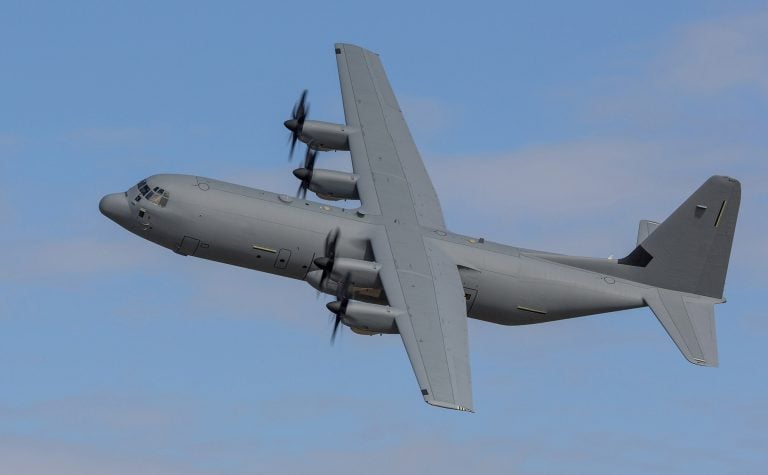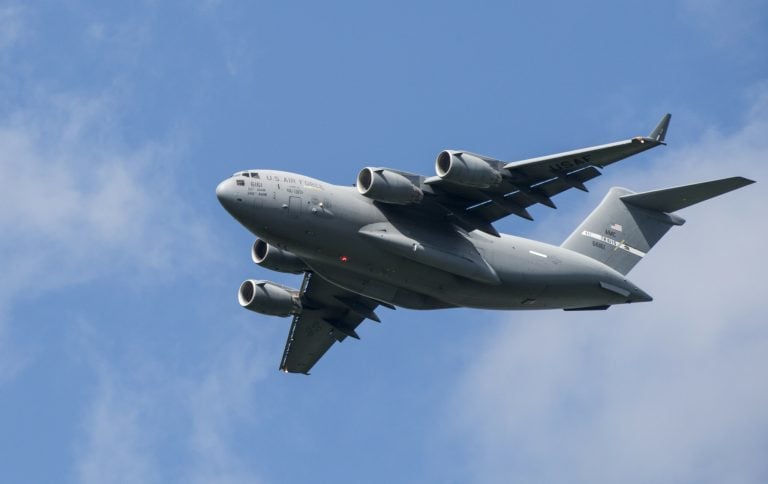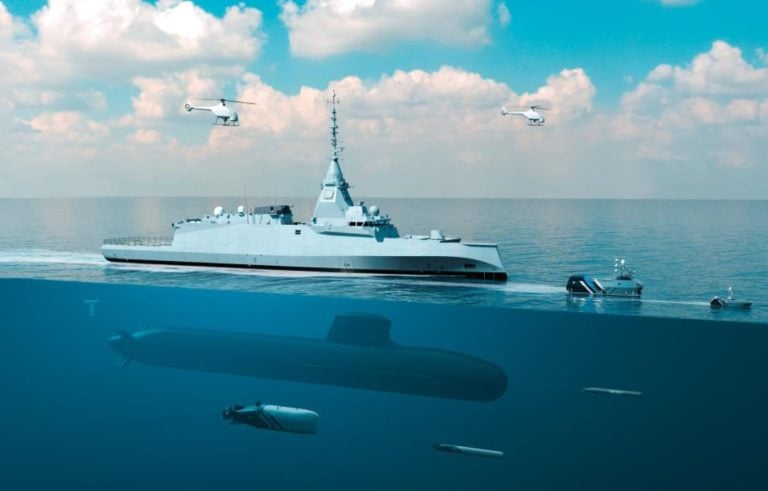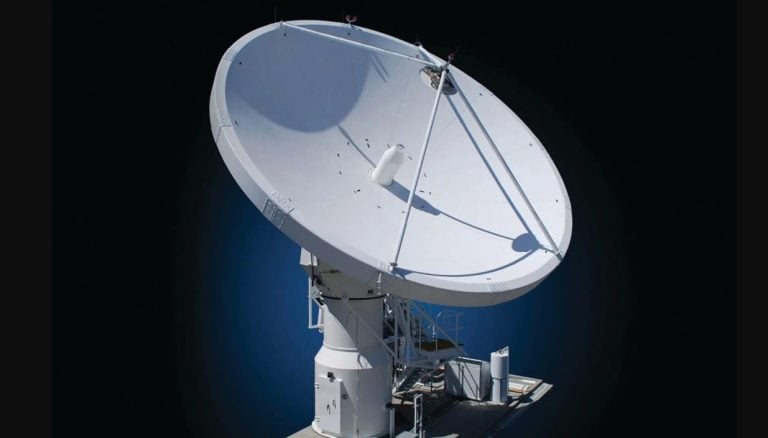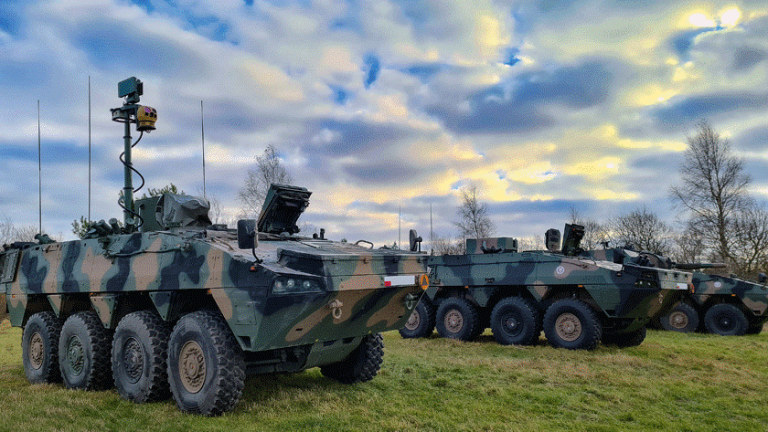BAE Systems has entered into a memorandum of understanding with Hanwha Systems, aiming to collaboratively develop state-of-the-art satellite systems tailored for global clientele. This strategic partnership focuses on the innovation and advancement of a next-generation multi-sensor capability, which will primarily leverage BAE’s cutting-edge ultra-wideband radio frequency technology.
The agreement outlines a synthesis of BAE’s expertise in space technologies with Hanwha’s strengths in synthetic aperture radar (SAR) products, establishing a robust platform for intelligence, surveillance, and reconnaissance (ISR) applications. Rachael Hoyle, the Digital Intelligence Space Director at BAE Systems, remarked on the collaboration’s potential, stating that uniting their space pedigree with Hanwha’s SAR satellite expertise offers an exciting avenue to enhance ISR functionalities for international markets.
Echoing this sentiment, Sung-Chan Song, who heads the space division at Hanwha Systems, expressed optimism about their partnership. He emphasized the rising importance of small SAR satellites as vital tools for surveillance and reconnaissance missions. “We are honored to team up with BAE Systems as we seek to solidify our presence in the international satellite arena,” Sung-Chan stated.
This collaboration is also seen as complementary to BAE Systems’ existing initiative aimed at providing real-time ISR data distribution for British military forces and their allies. Launched in 2022, this initiative revolves around a satellite constellation named Azalea, designed to facilitate the space-based relay of visual, radar, and radio frequency data globally. The Azalea cluster will feature satellites that are fully reconfigurable, thereby ensuring operational effectiveness in national security and disaster response scenarios.
BAE Systems is expected to launch the Azalea constellation later this year, a move anticipated to enhance the capabilities of both domestic and international markets in addressing threats and hazards emanating from space. UK Industry Minister Sarah Jones remarked on the significance of the partnership, highlighting the UK and South Korea as leaders in the space industry. She noted that the collaboration is a crucial step toward job creation, technological advancements, and expansion into new international markets.
The UK government’s modern Industrial Strategy aims to further elevate the space sector, unlocking greater investment and fostering job growth in emerging industries, as part of a broad Plan for Change.
